ANXIETY
WHAT IS IT?
Anxiety and depression are two of the most common mental health conditions. Anxiety and depression are not the same, but they often occur together. It is common for people with depression to experience anxiety and people with anxiety to become depressed.
Anxiety is another name for the fears, stresses, worries and concerns which are a part of everyday life. It is a natural human reaction which is triggered by a threat (real or imagined). It affects our body, our thinking and our behaviour. Anxiety may be a normal reaction to stress. When anxiety becomes excessive, it may become an anxiety disorder.
WHAT ARE SOME OF THE COMMON SYMPTOMS?
Anxiety is associated with many different physical symptoms, including:
-
Strong, fast or irregular heartbeat
-
Chest pain
-
Difficulty breathing or shortness of breath
-
Feelings of choking
-
Feeling dizzy or faint
-
Hot flushes
-
Dry mouth
-
Pins and needles
-
Muscle tension
-
Sweating
-
Stomach cramp
-
Butterflies
-
Nausea
-
Feelings of unreality (not feeling real)
-
Trembling or shaking
WHAT ARE SOME OF THE TYPES OF TREATMENT?
Everyone is different, therefore the care they receive will be specific to them. Here is a general list of some of the types of treatment:
-
Regular counselling
-
Regular medication
-
CBT (Cognitive Behavioural Therapy)
-
Self-care plan e.g. immediate actions that can help to reduce extreme emotions and feel more in control
WHAT CAN HELP?
'Self-help' tips don't solve the issue. However, they can help you/others feel more in control when experiencing strong emotions.
If you find that 'self-help' isn't enough, consider reaching out to a counsellor or your GP for help managing overwhelming emotions.
01
Stop what you are doing
Take a breathe and focus on your breathing
Observe what is happening around you and internally
Proceed with what you are doing or something else
02
Don’t jump to conclusions. You can’t read someone else’s mind and don’t know what they are thinking. There may be another explanation.
03
Be kinder to yourself. Using words like ‘should’, ‘must’ and ‘have to’ can make you feel guilty and add more pressure. Don’t expect the impossible – be reasonable about what is possible or likely
04
Keep an open mind about the future. Having negative expectations based on previous experience can rule out the real possibility of change.
05
If something isn’t your fault don’t automatically blame yourself. This will have a negative effect on your self-worth and make you feel that you are always at fault.
06
Things aren’t always either black or white. Try to think that one little mistake or slip-up doesn’t mean complete failure. Start afresh tomorrow.
07
Work on relaxing your muscle groups. Start at your toes and work your way up your body tensing each muscle for a count of 10 before moving on to the next one.
08
The key to feeling better and improving your mood is to change what you do. A change in mood cannot come about without a change in behaviour.
09
Avoid avoiding! Withdrawal and avoidance often feel like the only options. However, the sense of relief reinforces the behaviour and they will withdraw/avoid it the next time they are faced with something challenging.
10
Ask for help. Use the support that is available to you and surround yourself with people who understand you. They can help you decrease your anxiety before it becomes unmanageable
EXTERNAL INFORMATION, SUPPORT AND ADVICE






















































 | 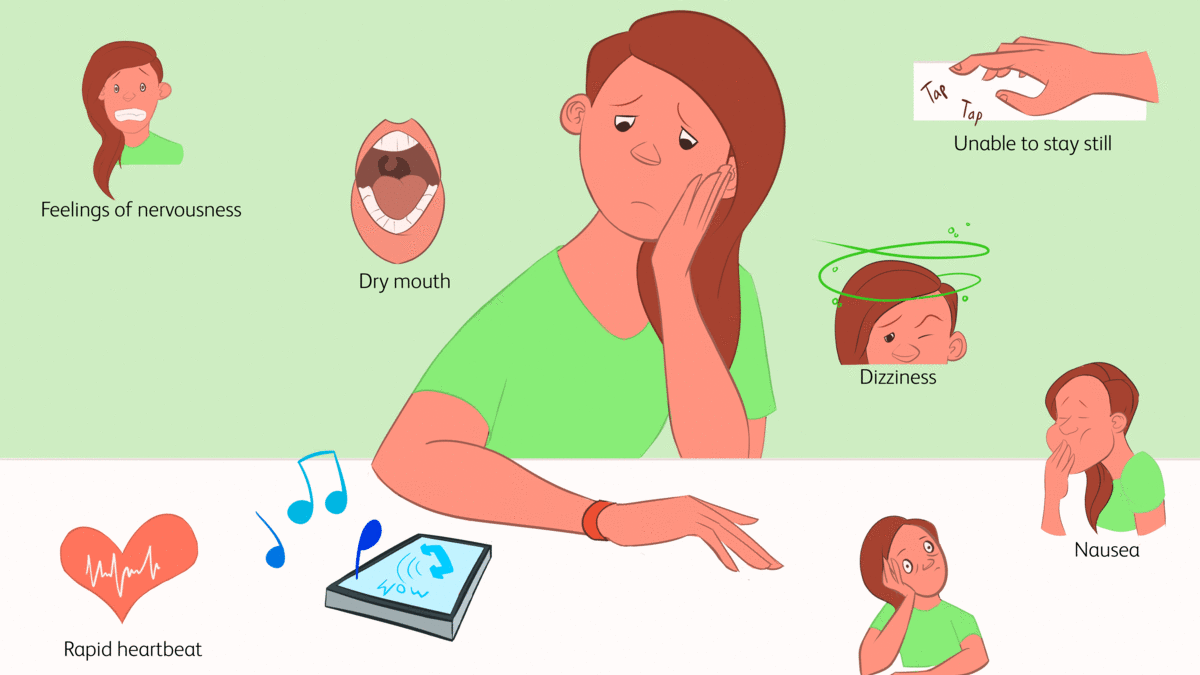 |  |
|---|---|---|
 | 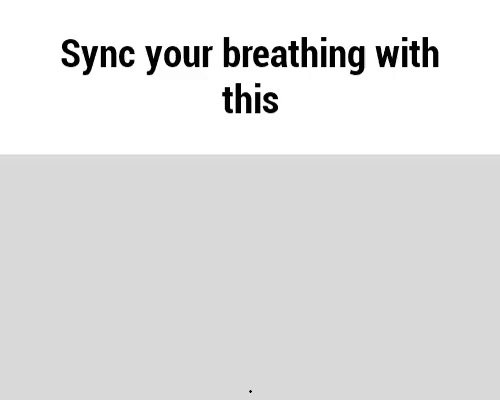 |  |
 | 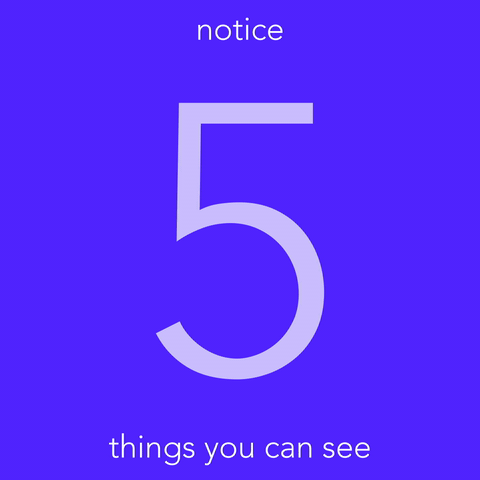 | 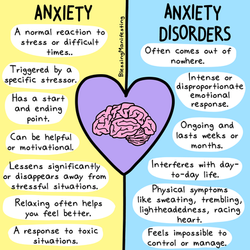 |
 | 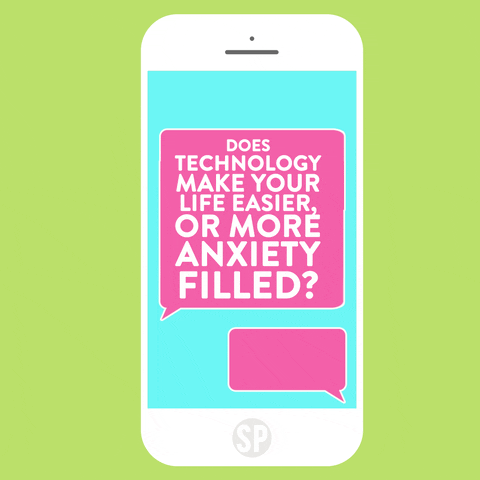 |  |
 | 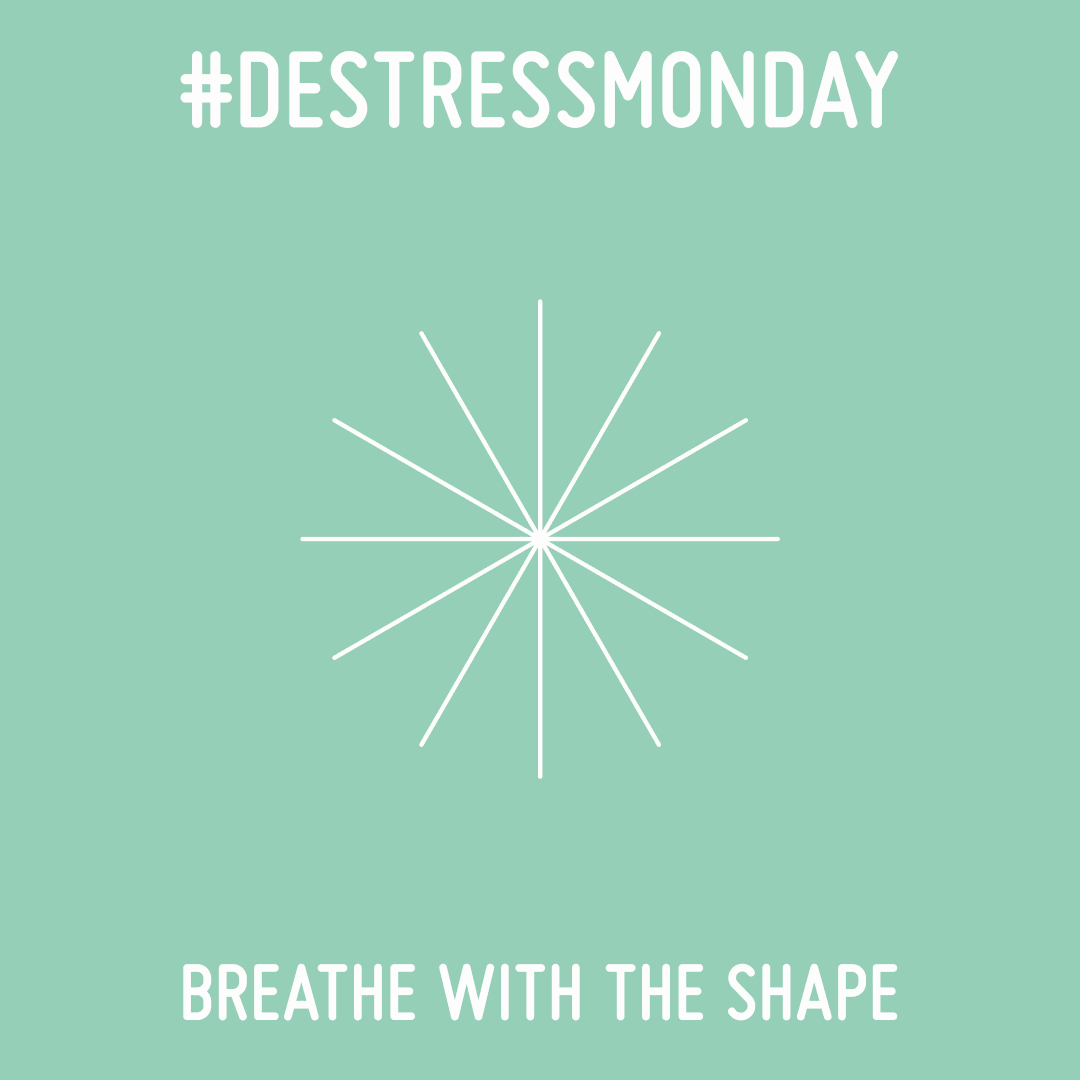 |  |
 | 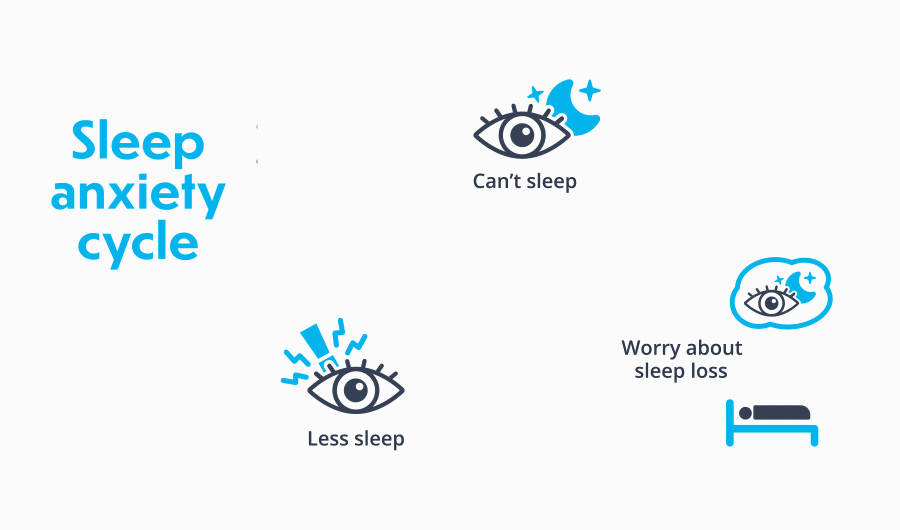 |  |
 |  |  |
 |  |  |
 | 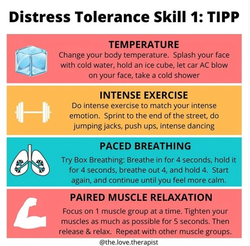 |

